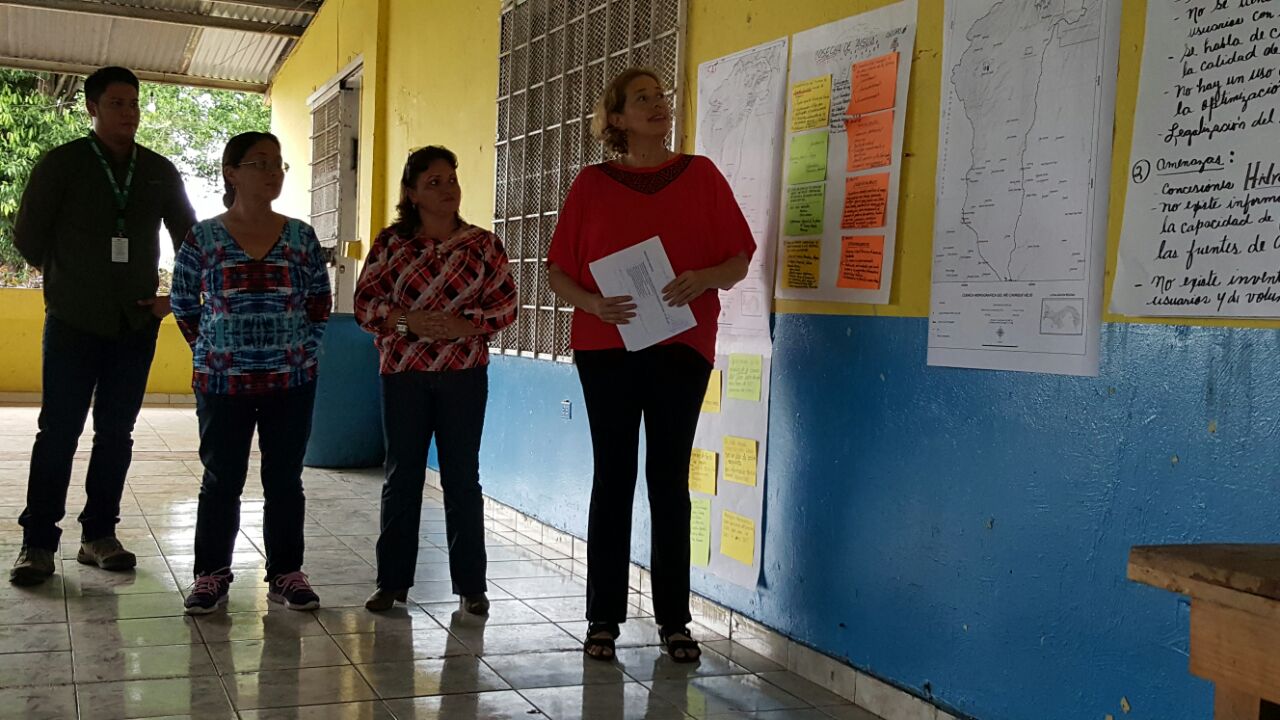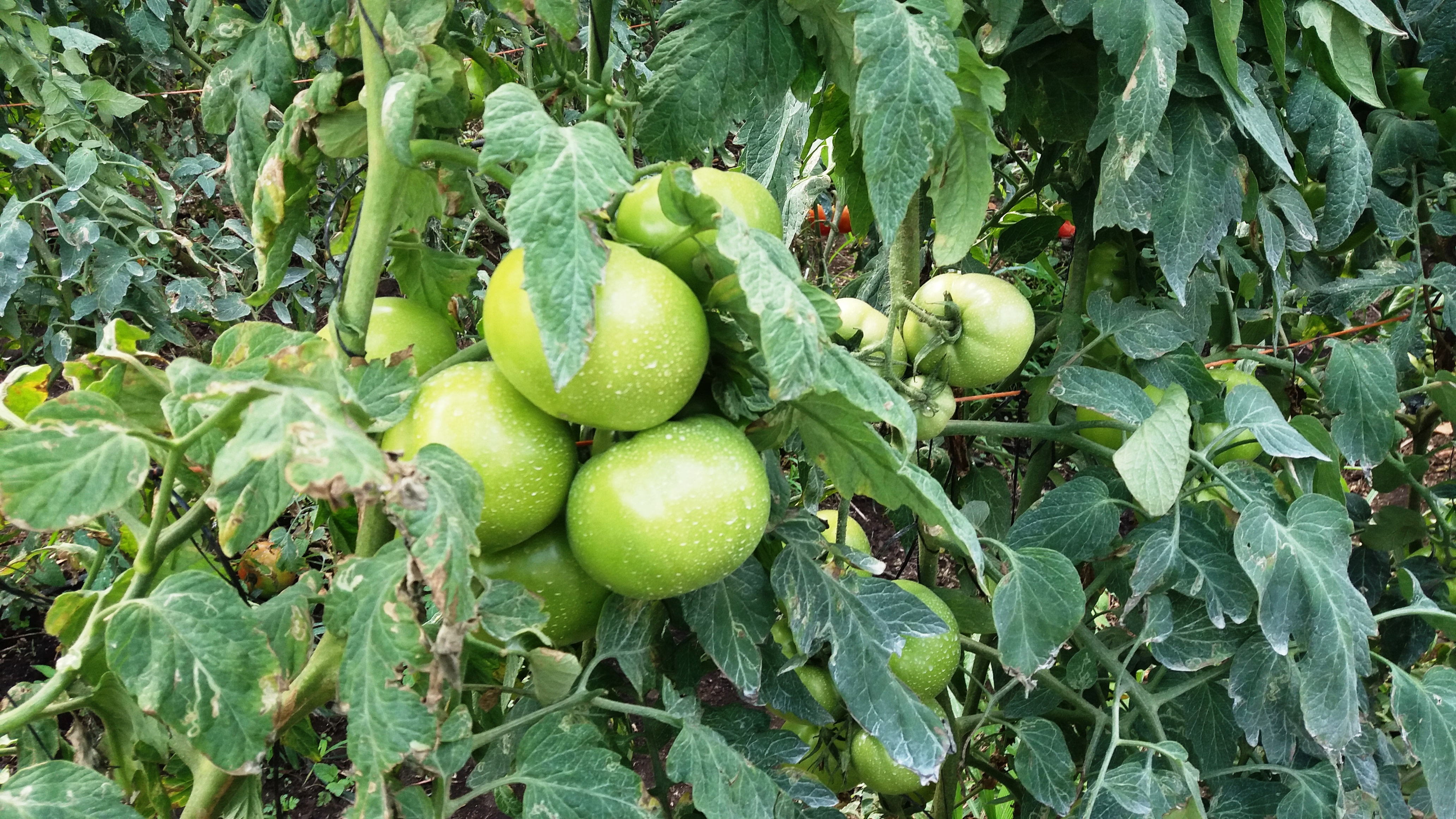Implementing Partners
NATURA Foundation: Building Adaptation Capacity to Manage Water in the Face of Climate Change
While Panama is a country with naturally abundant water resources, they are threatened by its high vulnerability to the negative impacts of climate change.
Extreme weather events such as droughts, floods and windstorms, and climate variability put these resources at risk because water users and management authorities have not had the tools and information to adapt to them in timely and effective ways.
The accreditation of NATURA Foundation (Fundación Natura) in Panama as a National Implementing Entity of the Adaptation Fund has been pivotal in starting to build local capacity to better address these issues.
NATURA Foundation was institutionally strengthened through the accreditation process with the Adaptation Fund in key processes related to its quality management system, incorporating environmental and social safeguards, anti-corruption policies and a code of ethics. These are all tools that in terms of management enable NATURA to contribute to a better recognition and image, and its relationship with the community.
Integrated Water Management at the Core of the Adaptation Efforts in Chiriquí Viejo and Santa Maria Watersheds
To counter the country’s vulnerability to climate change, NATURA Foundation developed a US$ 9.9 million project funded by the Adaptation Fund that puts water management at the center of its adaptation efforts. It promotes climate change resilience and reduces vulnerability in communities by enhancing food and energy security based on an integrated water resources management approach that highlights the nexus of water, energy, food and climate change adaptation. The project focuses activities in two river watersheds, Chiriquí Viejo and Santa María, both prioritized in light of their water resources, importance for energy and food production at a national scale, and the existence of unresolved issues among water users.
The formative stages of the project proposal were coordinated and jointly worked on with key stakeholders, particularly key authorities from various sectors such as the Ministry of Environment, Ministry of Agricultural Development, the Panamanian Electric Transmission Company, and the National Civil Protection System, as well as public consultations in the project areas, generating an enriching process of contributions. The proposal was based on and aligned with public policies, in particular the National Water Safety Plan (2015-2050), Integrated Water Resources Program (2010-2030), and the Energy Plan and the National Agricultural Pact.
A key aspect of the project’s integrity has been NATURA Foundation’s transparency in consulting with local stakeholders through public meetings and interviews during the development of the project proposal. Climate-vulnerable communities in the country had been under siege in recent years from increased storm intensity and it was particularly useful to get their input.
“The strong breezes damaged everything that was part of a structure and indoor production. The strong winds also did damage to small fruits to the point that they were not in condition to be sold in the market,”
said María Quiel, a tomato producer in the Chiriquí Viejo Watershed during a public consultation as the project was being developed.
“After that also came a plague to the same fruit, it attacked the leaves. After the heavy rains again the breezes came. By that time the harvest was almost completely lost. Tomatoes started to crack up. The breeze tumbled the tomatoes and fruits. We are talking about 4,800 plants that used to produce about 200 to 300 quintals and now we only managed to harvest approximately 100 quintals. The whole production was only losses, no gain. The previous year we didn’t have such strong wind and unexpected rains. The radical changes in the rains and wind affected our production.”
Quiel and other vulnerable community members would soon get the help they had been seeking. In March 2017 the project proposal was approved by the Adaptation Fund Board. It will strengthen local and national capacity in the use of better tools and good practices where the water, energy and food security sectors meet. It will positively impact critical sectors such as agriculture, livestock and energy generation to adapt to climate change and manage risk in priority watersheds in Panama. As a result of implementing the Adaptation Fund program, Panama will have greater resilience to climate change in the Chiriquí Viejo and Santa María river watersheds.




